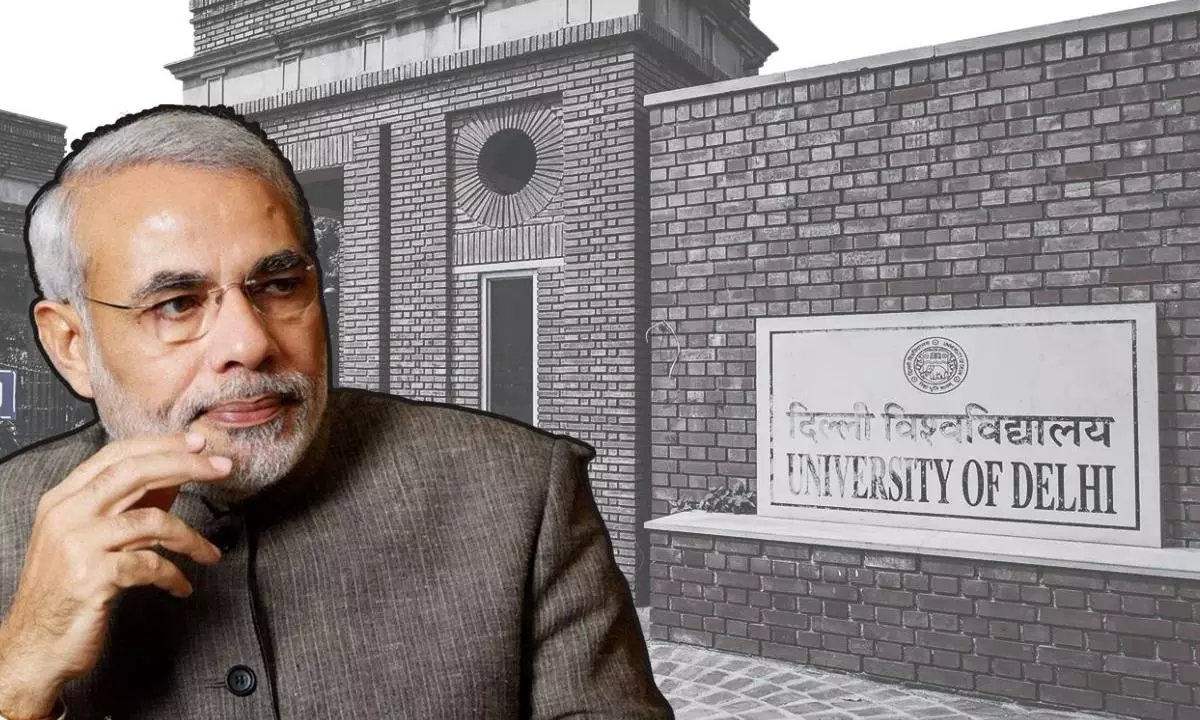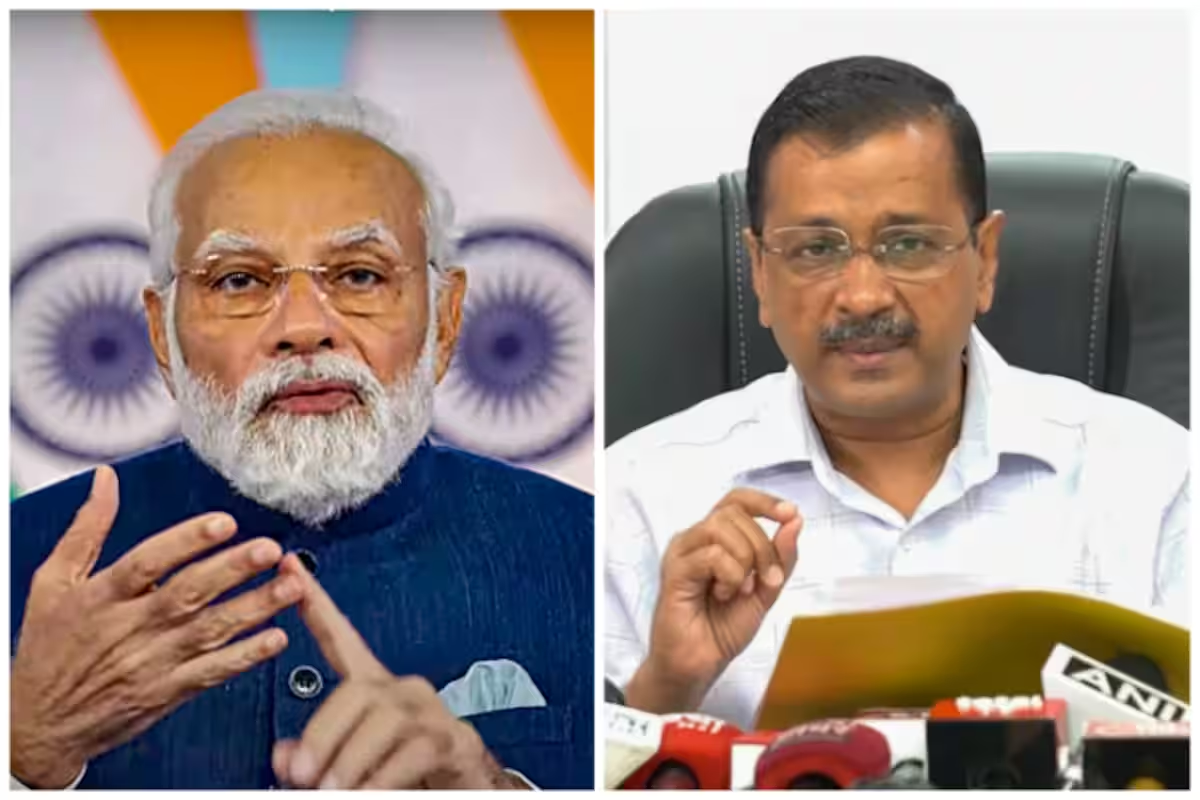
Delhi Varsity opposes disclosure of PM Modi's academic records in High Court
text_fieldsContravening the Right to Information (RTI) Act, the Delhi University informed the Delhi High Court that the Act's purpose is not to satisfy third-party curiosity but to ensure transparency and accountability, in a plea pertaining to the academic qualifications of Prime Minister Narendra Modi.
The case dates back to a 2017 plea by Delhi University challenging a Central Information Commission (CIC) order. The order had directed the university to allow inspection of records for students who completed the Bachelor of Arts programme in 1978. This directive came in response to a request seeking information on Modi’s academic credentials, which have been a subject of political debate.
The Bharatiya Janata Party (BJP) maintains that Modi earned a BA degree from Delhi University in 1978 and a Master of Arts degree from Gujarat University in 1983. However, critics, including the Aam Aadmi Party, have questioned the authenticity of these claims, alleging the degrees were fabricated.
Representing Delhi University, Solicitor General Tushar Mehta argued that the CIC’s directive was inconsistent with the RTI Act’s provisions. He emphasized that the Act is designed to promote accountability and transparency within public authorities, not to fulfill personal curiosity. Mehta highlighted that while individuals can request their own academic records, Section 8(1)(e) of the Act exempts educational institutions from disclosing third-party information.
The controversy began when RTI activist Neeraj Kumar sought details such as roll numbers and marks of students from the 1978 BA programme at Delhi University. The university’s central public information officer rejected the request, citing it as third-party information. This led Kumar to approach the CIC, which ruled in 2016 that the information was part of the public domain and should be disclosed. The commission argued that as a public body, Delhi University’s records, including degree information, were public documents.
Delhi University’s stance in the High Court is that revealing such information would contravene the exemptions outlined in the RTI Act. The matter is now under judicial consideration, as the High Court reviews the university’s petition against the CIC’s directive.
























